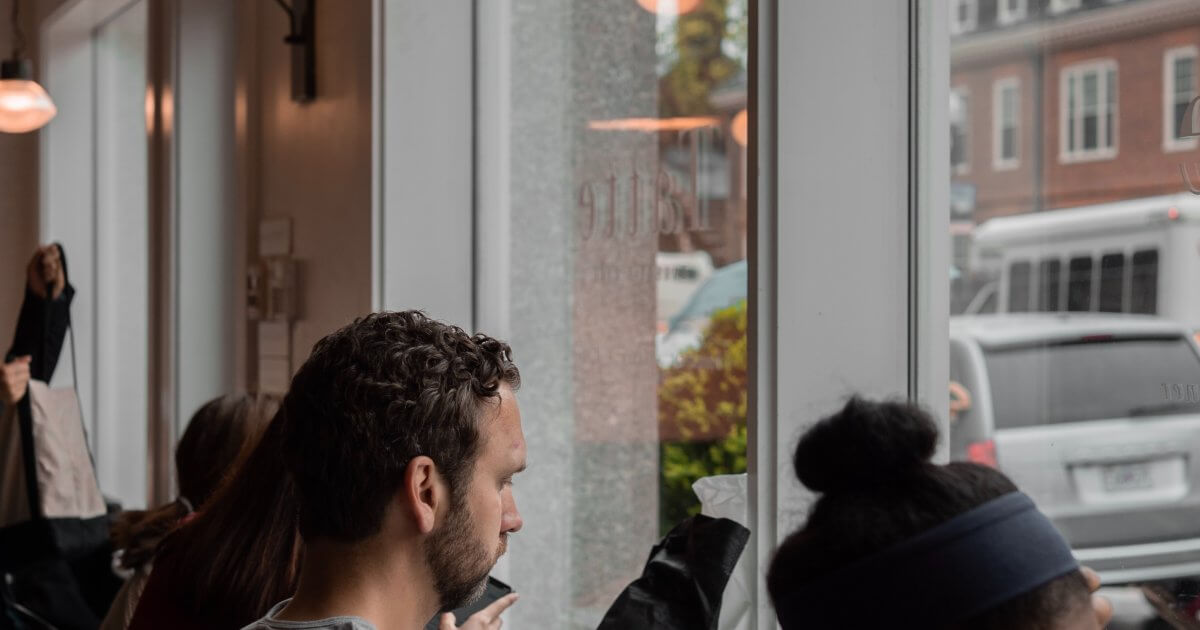Rising Cancer Rates in Young Adults
- New research indicates that cancer rates amongst teenagers and young adults have risen over the past four decades.
- Kidney, thyroid, and colorectal cancer rates are rising fastest, while breast cancer amongst women and testicular cancer among men remain the most prevalent.
- Young adults are working to overcome a health information gap but have succeeded in not only overcoming cancer but setting up networks of support for others as well.
Researchers at Penn State College of Medicine found that the number of cancer cases amongst teens and young adults increased by nearly 30% between 1972 and 2015. Their findings, published today, show rates of kidney, thyroid, and gastrointestinal cancers on the rise as cancer continues to be the leading cause of disease-related deaths in this age group.
Read MoreMost Common Cancers
The study found that testicular cancer was the most common cancer found in young men and breast cancer found in young women.
Related: 10 Things I Wish I Knew Before I Was Diagnosed With Testicular Cancer
“Adolescents and young adults are a distinct cancer population,” Dr. Nicholas Zaorsky, assistant professor of radiation oncology and public health sciences, said. “But they are often grouped together with pediatric or adult patients in research studies. It is important to study how this group is distinct so that care guidelines can be developed to address the increase in cases.”
Dr. Zaorsky emphasized that more research is needed to determine the ideal preventative, screening, and treatment protocols for cancers in young adults.
"Now that there is a better understanding of the types of cancer that are prevalent and rising in this age group, prevention, screening, diagnosis and treatment protocols specifically targeted to this population should be developed."
An Underserved Population
The rise in cases is particularly concerning because of the historic lack of information pertaining to cancers in this specific age group.
A previous study by the same institution found that adolescents were significantly less likely to receive care in a specialized treatment facility than children and raised concerns that this disparity might lead to worse outcomes for young women with breast cancer, the most common type of cancer in this group.
When Mag Bujalski was diagnosed with stage four lymphoma, she searched everywhere for information about cancer in young adults like herself – to little avail.
"When I first got sick, I did what most people do and I turned to Instagram, YouTube, Google famous doctor Google," Mag told SurvivorNet. "And I noticed that there was a lot of stuff about pediatric cancer, a lot about cancers in older people, but there wasn't a lot about cancers in young adults and people my age."
Cancer as a Young Adult Is Different & In Some Ways More Complex: Survivor Mag Bujalski Explains
Matthew Zachary faced that same lack of information when he was diagnosed with a malignant brain tumor at only 21 years old. His fight, and the all-too-familiar stories of young adults battling through a medical system that seemed to forget them, led him to create Stupid Cancer, an award-winning non-profit solely dedicated to advocating, connecting, and supporting young adults and survivors.
Changing the Game for Young Adults With Cancer: Matthew Zachary's Story
"I feel like I was hand-sculpted to create an organization," Zachary told SurvivorNet, "and be a voice for the invisible Gen-Xers the most underserved age group in cancer. We get it more, we die more, we are diagnosed late, we are misunderstood … it's different, and if you want to save our lives, it requires a completely different framework."
Young Adults Fight Back Against Cancer
SurvivorNet has previously spoken to a number of other young adults whose lives were upended by cancer diagnoses.
CC Webster's picture-perfect life was turned upside-down after she was diagnosed with Hodgkin Lymphoma. Following her successful battle, she turned to the written word, writing "So, That Happened, A Memoir" to provide a message of hope for other young adults struggling through the illness.
"I wanted to write and depict a story that was raw and honest and meaningful, and could potentially make somebody feel less alone. It's okay that life doesn't go to plan."
Learn more about SurvivorNet's rigorous medical review process.


